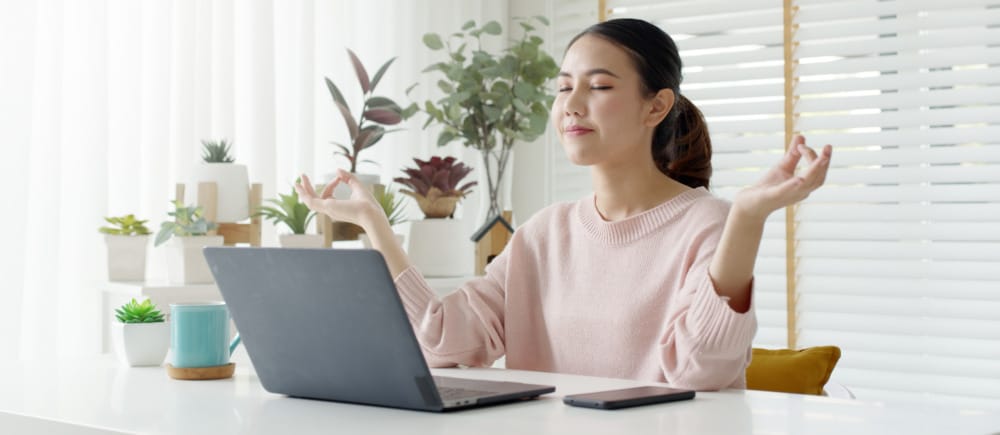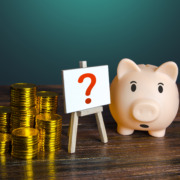Now that we are sitting in this “post-pandemic” world, it’s easy to see the level of burnout across the workforce. Having previously worked at a medical institution, the burnout was glaringly evident. If not addressed, burnout can affect your ability to work and function on a day-to-day basis. According to an article by Mayo Clinic Staff, job burnout symptoms can range from difficulty concentrating, to fatigue, irritability, insomnia, and more. Unfortunately, prolonged job burnout can lead to even worse: excessive alcohol and substance use, weakened immune system, high blood pressure, and heart disease. So, what do we do about burnout once it’s happened? Or, better yet, how can we prevent it from happening in the first place? In short, self-care.
Self-care is a term that has circulated the workspace with increasing frequency since the pandemic. Some people might think of self-care as doing “spa things.” Taking a bubble bath and drinking a glass of wine. However, that’s not the case – at least not for everyone. Self-care can be whatever you need or want it to be, with the caveat that it needs to be something that relaxes and/or re-energizes you in a healthy way. For some people, it might actually be taking a bubble bath. For others, it can be going for a morning run… or sitting on the beach reflecting…. or reading a good book…. or baking (and taste-testing in my case) cookies… or hanging out with friends or loved ones. Emily Nagoski, Ph.D. and Amelia Nagoski, D.M.A. discuss how to combat burnout in their book titled, Burnout: The Secret to Unlocking the Stress Cycle. They articulate the following seven options to prevent and/or reduce burnout: physical activity, positive social interaction, laughter, creative expression, affection, crying, and deep breathing.
Coming from a previous psychology role, self-care was an almost daily discussion. But when I looked around and everyone was still stressed, still burnt out, and still running on fumes…. I began wondering if the issue was that self-care doesn’t work or that we discuss something so frequently, but never take our own advice. Here are some things I’ve learned over the past few years that have helped me fight burnout and learn to take better care of my physical and mental wellbeing:
- The power of a schedule – it helps us as humans to have consistency and a plan. I, like many others, am more likely to complete an activity if it is scheduled into my day.
- Give yourself grace – if you don’t do something every single day of the week, that’s okay. That’s not always realistic. If you make yourself feel bad for not doing the things that you set up to do to feel better, then it defeats the purpose. Check in with yourself and prioritize self-care when life gets crazy, but especially when you feel like you need it.
- Find out what “fills up your cup” – this is different for everybody. What fills up your friends’ cups, might actually drain yours. So, find those things that fill you up and make you feel energized or relaxed!
- Don’t be afraid to ask for help when you need it – mental health is a hot topic right now and for good reason. However, it’s vital that this “trend” sticks. Sometimes your cup is so drained that no matter what you do, you find it hard to get things done. Before you know it, burnout starts impacting different areas of your life in a negative way. And that’s okay, this is common! There are professionals whose only job is to talk to you and help you when you’re feeling that way.
I think as a society we have gotten progressively better about self-care and being more aware of burnout since the pandemic. However, there is always room for improvement. I will say, it helps tremendously working for a company that prioritizes a work/life balance. I’m curious what other companies do to prioritize work/life balance and employee sustainability in the workplace. Drop a comment or send me your thoughts to kristenh@idebamarketing.com.
Kristen Higgins – Sr. Research Analyst






